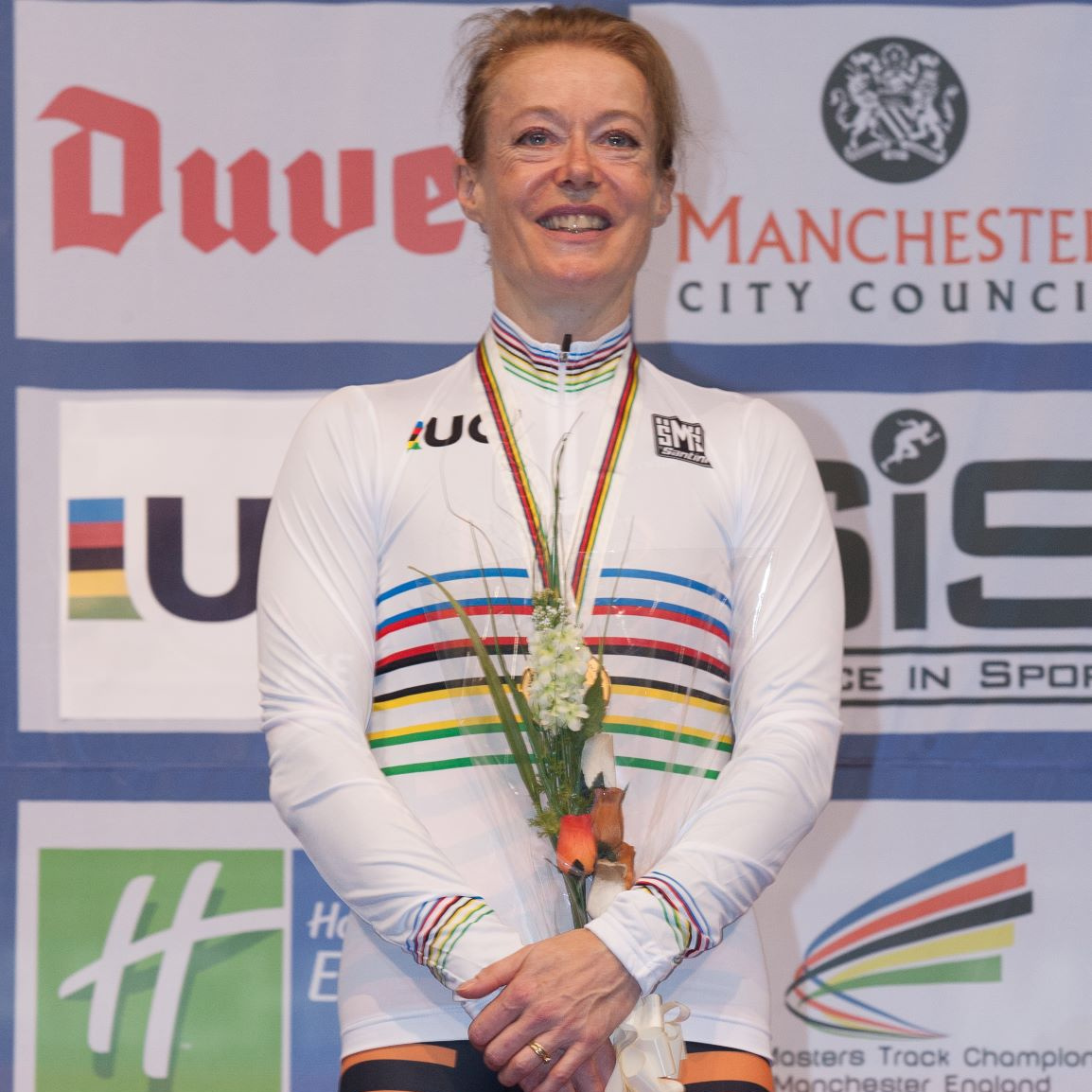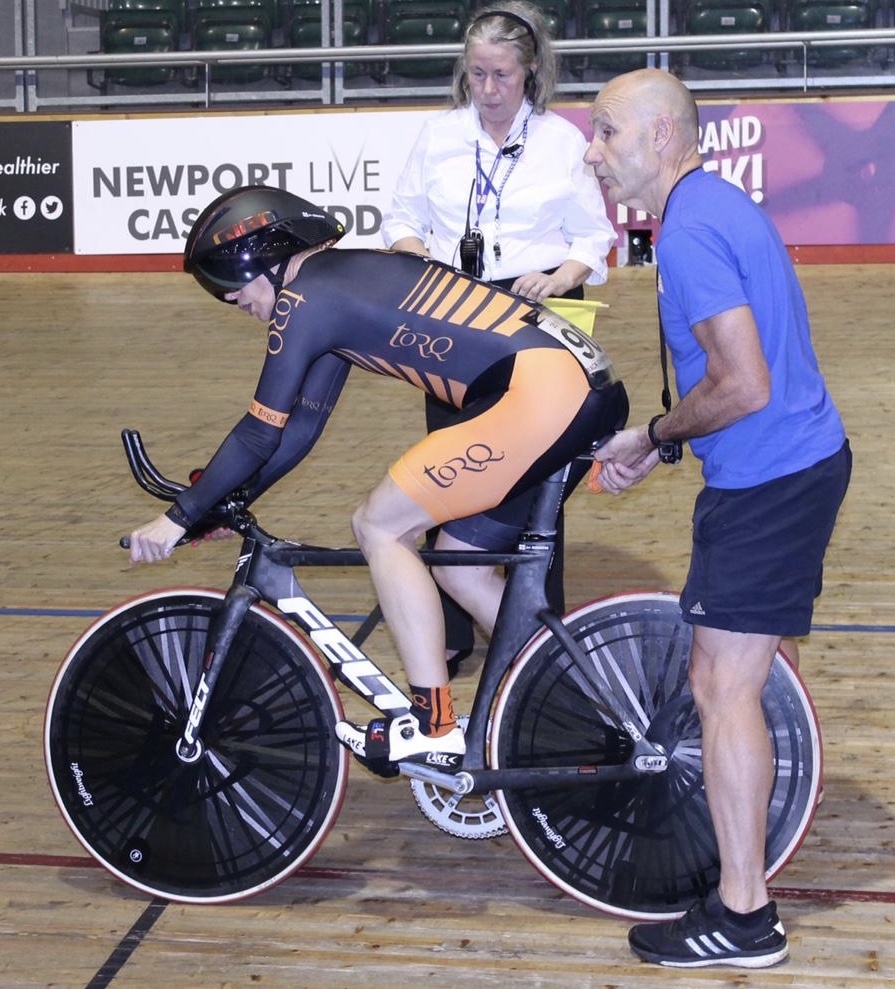by Jan Birkmyre
It would be easy to measure the success of a coach-athlete relationship in terms of wins and PB’s but the truth is that those are the outputs of a very complex process. For me, a great relationship starts with clear goal setting and following that the delivery of those goals relies on honesty, mutual respect and some great data, so that the training prescription can be 100% individual to each athlete.

Before I came across ithlete back in 2012 I really struggled to give good quality and consistent feedback to my coach on how I was feeling. As a relatively new cyclist, I found it hard to quantify and report my level of fatigue or to describe how my work stress was affecting me for example. At that time I was working 12 hour days on top of a two hour commute, I felt tired all the time but much of that came from work or travel – however I felt weak for even admitting that it was taking its toll on me, so I tended not to report it or at best underestimated it to my coach, I pressed on with training and, yes you guessed it, I got ill … a lot.

These days my coach, Steve Cronshaw, pretty much insists that I share some key data (outside of feedback from training) with him every day to give him an understanding of how I am feeling, and all of that is driven by ithlete Pro. It is a process that I have come to appreciate the value of with my daily HRV reading from ithlete giving Steve a sense of how I am coping with both training and life stress that is entirely quantitative. Sometimes it warns me that I am close to overreaching when I feel OK, other times it might suggest that I have recovered well when DOMS from previous session would otherwise have me believe I was heavily fatigued. It’s always useful and something both Steve and I look at with interest every day. I often get an encouraging message from him when my HRV reading is high and he knows I have a big VO2 max session in the plan, alternately, if the reading is low we will try to understand why before pressing on blindly.
Now ithlete allows more than just the HRV reading to be tracked but Steve had to twist my arm to get me to give feedback on the subjective measures around fatigue, muscle soreness, mood, sleep, stress and diet. It was not about the time as it takes seconds and the data syncs seamlessly with Training Peaks, what struggled with was just where to begin when grading each of them on a scale of 1 to 10 (issues with my maladaptive perfectionism!). Happily Steve sold me on the value and got me started and now that I am in the habit of doing it daily I do not obsess over the accuracy – I go with my gut feel and know that the information is critical to helping him understand the effects of work, life and family stress on my overall health and resilience.
Given that we have seen a lot less of each other in the past 10 months, it strikes me that these metrics have become an even more important part of the coaching relationship. Steve agreed with me, saying “Understanding these measures are fundamental to ensuring we jointly manage life and training stress, to keep overall health an absolute priority” and let’s face it overall health is a great thing to prioritise at any time.
HRV and the subjective measures logged by my ithlete Pro account are critical inputs to my relationship with my coach and part of the overall process that Steve crafts to help me reach my athletic goals. Of course, whether we get a chance to even attempt to hit these is outside of my control this year but for now at least, I am training in the hope that I will.
